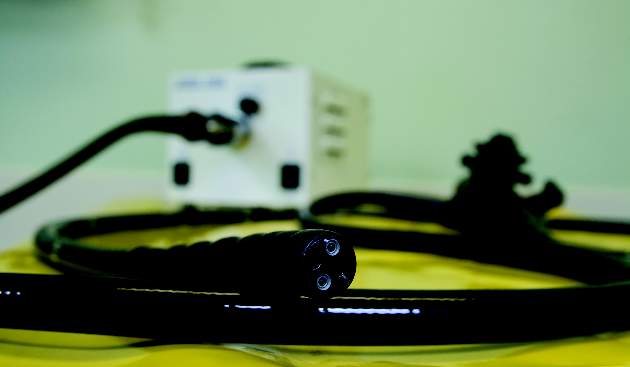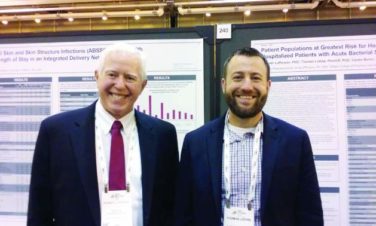FROM JAMA INTERNAL MEDICINE
Gastrointestinal endoscopists appear to be “upcoding” patient anesthesia risk during outpatient procedures so that health insurance will cover the cost of anesthesia services such as sedation, according to a research letter to the editor published online May 2 in JAMA Internal Medicine.
Many have noted a recent, substantial increase in the use of anesthesia services for outpatient endoscopies, but the reason for this rise is unclear. Some argue that patient anesthesia-related risk has increased, possibly because of an increase in endoscopy patients’ comorbidities such as obesity, sleep apnea, asthma, and cardiovascular or pulmonary disorders. Others argue that clinicians are exaggerating patient risk because anesthesia services often are covered only in patients for whom sedation or anesthesia carries a high risk of complications, said Xiaoyu Nie, a doctoral candidate and assistant policy analyst at Rand Corp., Santa Monica (Calif.), and her associates.
The investigators analyzed time trends in insurance claims for anesthesia services during upper endoscopy or colonoscopy procedures at private offices, hospital outpatient clinics, ambulatory surgical centers, or other outpatient sites. They focused on 1,001,841 claims made for adults during a recent 8-year period (JAMA Intern Med. 2016 May 2. doi: 10.1001/jamainternmen.2016.1244).
The probability of being coded as having high risk of anesthesia complications more than doubled during this period. The percentage of patients categorized as high risk rose from 11.6% of the approximately 22,297 patients treated during the first year of the study period (2005) to 18.9% of the 207,117 patients so categorized during the final year (2013). Yet patient clinical characteristics, notably their comorbidities, did not change significantly, indicating that their actual risk did not increase.
The most likely explanation for this change is that “physicians used their clinical discretion to systematically change coding practices because coding a patient as being at high risk in a claim ensures payment of the claim,” Ms. Nie and her associates said.





